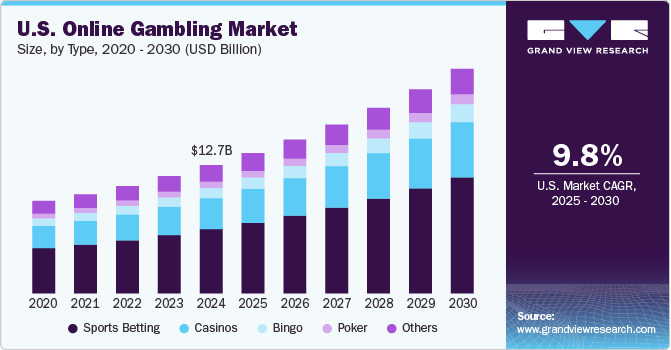Insightful Updates
Stay informed with the latest news and trends.
From Tables to Trends: The Role of Data in Driving Casino Growth
Discover how data is reshaping the casino industry, driving growth from tables to trends. Uncover the secrets behind the numbers!
How Data Analytics is Transforming Casino Operations
The integration of data analytics into casino operations is revolutionizing the way these establishments manage their resources and optimize customer experiences. By utilizing advanced analytics tools, casinos can gather and analyze large volumes of data from various sources including customer behavior, gaming patterns, and financial transactions. This wealth of information enables operators to personalize marketing efforts, enhance customer service, and ultimately boost revenue. For instance, by identifying trends in player preferences, casinos can tailor promotions and loyalty programs to suit individual needs, ensuring higher engagement and retention rates.
Moreover, data analytics plays a critical role in operational efficiency within casinos. With the ability to track performance metrics in real-time, management can make informed decisions regarding staffing, game offerings, and floor layout adjustments. This adaptability not only improves the gaming experience but also helps reduce costs and increase profitability. As competition in the gaming industry intensifies, relying on data-driven strategies to sustain a competitive edge is more essential than ever, marking a significant shift in how casino operations are conducted.

Counter-Strike is a highly competitive first-person shooter game that has captivated millions of players worldwide. Teams of terrorists and counter-terrorists engage in tactical combat across various maps, each requiring strategy and teamwork. Players often seek ways to enhance their experience, and one way to do so is by utilizing a betpanda promo code to enjoy exciting betting opportunities related to their favorite esports events.
Key Metrics Every Casino Should Track for Sustainable Growth
In the competitive landscape of the gaming industry, it’s crucial for casinos to monitor key metrics that drive sustainable growth. Among these, customer retention rate stands out as a vital statistic. This metric indicates how effectively a casino retains its existing customers over time. Utilizing customer relationship management (CRM) tools can help track retention rates by analyzing player behavior and preferences. By focusing on improving this metric, casinos can not only enhance player loyalty but also reduce acquisition costs associated with attracting new players.
Another essential metric to consider is the average revenue per user (ARPU). This metric provides insights into the profitability of each customer, helping casinos identify their most valuable segments. By calculating ARPU regularly, casinos can tailor their marketing strategies and promotional offers to maximize player spending. Furthermore, tracking metrics like cost per acquisition (CPA) and lifetime value (LTV) enables casinos to make informed decisions about their marketing budget and resource allocation, ensuring a path toward sustained growth and profitability.
What Trends in Gambling Data Reveal About Player Behavior
Analyzing trends in gambling data provides invaluable insights into player behavior, helping operators tailor their offerings to meet evolving demands. One notable trend is the increasing popularity of mobile gambling. As more players turn to their smartphones for gaming, data reveals that those using mobile platforms tend to engage more frequently and spend longer periods of time playing. Additionally, gamification elements—such as leaderboards and challenges—are significantly enhancing user engagement, reflecting a shift toward more interactive gaming experiences.
Another compelling trend is the rise of personalized gaming experiences driven by data analysis. By utilizing gambling data, operators can segment their player base and develop customized promotions and recommendations. This targeted approach not only boosts player retention but also increases the overall lifetime value of players. Moreover, the integration of artificial intelligence in analyzing betting behaviors enables operators to detect patterns that predict shifts in player preferences, allowing for timely adjustments in marketing strategies and game offerings.